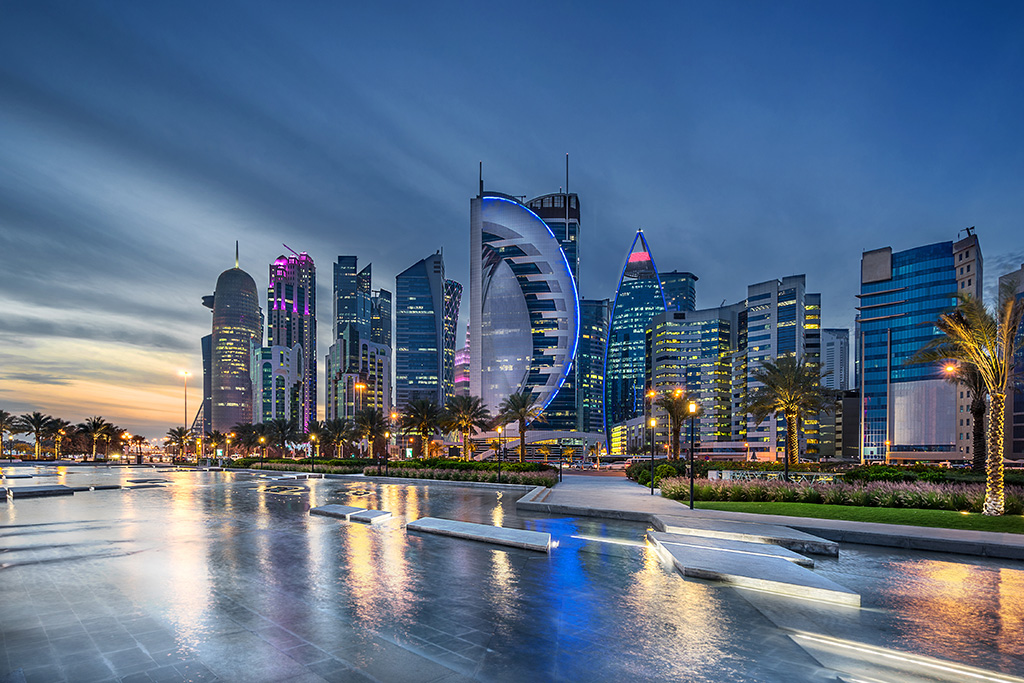In the evolving chessboard of Middle Eastern finance, Qatar has emerged as the stealth anchor point for Saudi investors and the Gulf’s broader offshore wealth strategies. Quietly but deliberately, Qatar has transformed itself into a resilient financial hub, positioning Doha as a bridge between conservative Saudi capital, the dynamic financial markets of Dubai and Bahrain, and the opportunistic corridors of Turkey.
As Saudi Arabia undergoes internal transformation under Vision 2030, many of its high-net-worth individuals and sovereign capital seek safe, flexible, and discreet offshore platforms. Qatar, with its sophisticated banking sector, forward-looking regulators, and regional diplomacy, offers exactly that—alongside a commitment to stability in an otherwise volatile region.
Why Qatar?
1. Financial Bridge Between Saudi Capital and Global Markets
Qatar’s offshore financial services, centered around the Qatar Financial Centre (QFC), provide Saudi investors with an onshore-offshore hybrid platform—allowing them to domicile funds, family offices, and investment vehicles within a jurisdiction that enjoys legal transparency, favorable taxation, and full repatriation of capital and profits.
With deep ties to Riyadh’s business elite, Qatar has become an attractive alternative to Dubai for those seeking quiet capital management away from global headlines, while still ensuring world-class financial infrastructure and global reach.
2. Regional Leader in Diplomatic and Financial Stability
Since the Gulf reconciliation in 2021, Qatar has positioned itself as the voice of pragmatic diplomacy, balancing ties with Saudi Arabia, Iran, Turkey, and the West. Its neutral yet engaged stance has made it a trusted intermediary—particularly for capital flows that require geopolitical sensitivity and discretion.
Qatar’s sovereign wealth fund (QIA), one of the world’s largest, mirrors this positioning, investing across continents while anchoring Gulf capital in stable assets—both in energy, real estate, infrastructure, and technology.
3. Financial Connectivity to Dubai, Bahrain, and Turkey
Qatar’s financial system is closely linked with Dubai’s DIFC, Bahrain’s offshore banking sector, and Turkey’s financial markets. These links allow investors in Doha to leverage cross-border financing, syndicated loans, sukuks, and sharia-compliant structures that seamlessly move between these key hubs.
Moreover, Qatar Airways’ global reach and Doha’s Hamad International Airport make it a natural logistics and business gateway for Middle Eastern, African, and Asian offshore investors.
Qatar’s Commitments to Regional Stability and Offshore Leadership
Qatar’s leadership has openly committed to ensuring the region’s financial and geopolitical stability, recognizing that wealth preservation and capital deployment thrive best in peaceful, well-regulated environments.
Through initiatives such as:
- Investment treaties with key Gulf and African countries
- Partnerships with global investment banks and asset managers
- Support for cross-border Islamic finance innovation
Qatar is cultivating a trusted offshore reputation not only for Saudi investors but also for emerging markets in East Africa, Central Asia, and the broader Islamic world.
Conclusion: Qatar as the Gulf’s Quiet Offshore Powerhouse
In a region where capital often seeks safe harbor from political risk and regulatory uncertainty, Qatar offers a unique blend of stability, discretion, and offshore sophistication. For Saudi investors navigating domestic reforms, as well as for regional investors seeking diversified offshore platforms, Doha is fast becoming the preferred financial anchor point—one that is closely intertwined with the Gulf’s other financial capitals but charting its own path of resilience and diplomacy.
At Invest Offshore, we continue to see Qatar’s rising influence in offshore finance, especially as Saudi capital looks to diversify, protect, and expand across global markets while maintaining close cultural and financial ties to home.

Leave a Reply